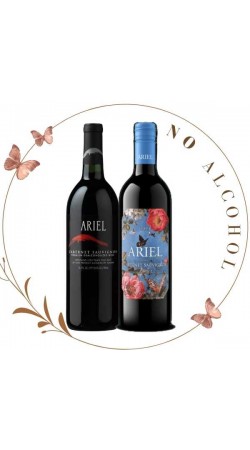
Are you a wine enthusiast who is also health-conscious? If so, the quest for low-calorie wine options may have led you down a convoluted path of conflicting information and questionable claims. This article aims to cut through the noise and provide a comprehensive exploration of the reality of low-calorie wine, offering valuable insights to help you make informed decisions about your wine choices.
Nutritional Benefits Of Low-Calorie Wine
Low-calorie wine offers several nutritional benefits compared to traditional higher-calorie options. Firstly, it can be lower in sugar content, making it a better choice for those monitoring their sugar intake. This is particularly beneficial for individuals with diabetes or those looking to reduce their overall sugar consumption. Additionally, low-calorie wine can also be lower in alcohol content, which may be preferable for individuals seeking to moderate their alcohol consumption for health or personal reasons.
Furthermore, low-calorie wine often contains fewer sulfites, which can be a potential trigger for some individuals who experience sulfite sensitivity. This can make low-calorie wine a more suitable option for those with sensitivities or allergies. Additionally, some low-calorie wine varieties may contain higher levels of certain antioxidants and polyphenols, such as resveratrol, which are believed to have potential health benefits, including anti-inflammatory and heart-healthy properties.
In conclusion, low-calorie wine offers various nutritional advantages, including lower sugar and alcohol content, reduced sulfite levels, and potentially higher levels of beneficial antioxidants and polyphenols, making it a favorable choice for individuals seeking a healthier wine option.
We are excited to introduce low calorie healthy wine, a premium beverage that perfectly complements your Christmas dinner!

Our current stock still has the old label. The new label will be upcoming!






